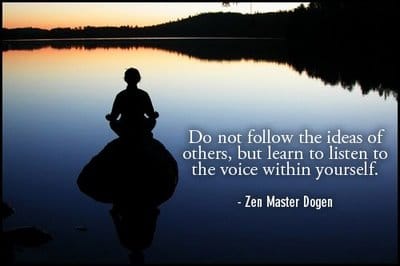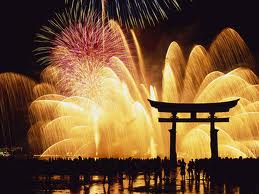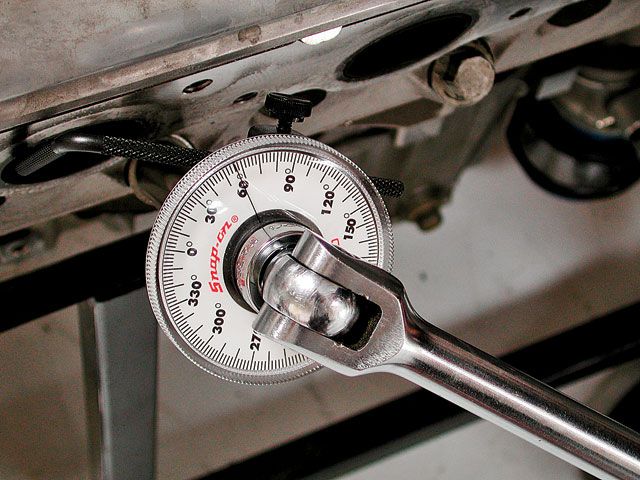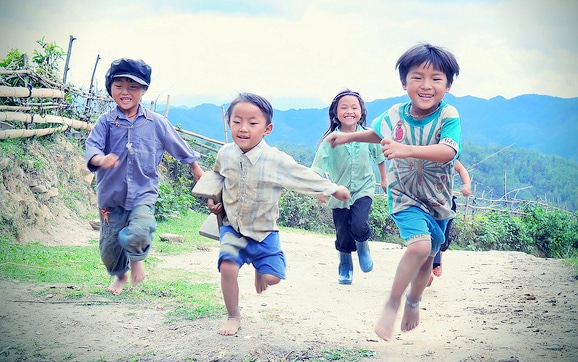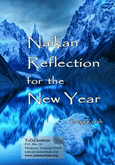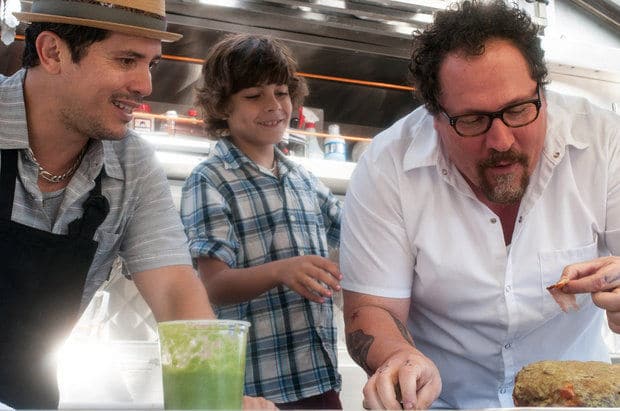There’s a sense of mystery in the air. What will the new year bring?
No one can answer that question with any certainty, though our dreams, hopes and fears arise on their own, regardless, and can stir us with their energy.
But we are about to bring closure to another whole year. Many of us are naturally inclined toward introspection and reflection at this time. We become aware of our struggles and losses, our mistakes, our moments of joy as well as the kindness of others who crossed our paths. We have an opportunity to consider our good fortune in celebrating the gift of another year of life.
Self-Reflection can be more than just a sentimental experience. It can inform our decisions and choices for the year ahead. It can help us live in a more conscious and deliberate way as we consider what was done and left undone, what we hope to change, and how we can discover and share our unique gifts with the world.
So I encourage you to take time and PAUSE and reflect on the year that is ending, before jumping into the New Year. It can help us to honor the past year and to bring our best selves to the new year.
The following suggestions are adapted from Naikan: Gratitude, Grace & the Japanese Art of Self-Reflection (Stone Bridge Press) by Gregg Krech – (p.172-175)
1. Reflect on your mother, father or other people who have supported you during the past year. You may have received things during an earlier time period, but still benefited from them during this past year. (See process below.)
2. Do Naikan reflection on someone with whom you’ve had difficulty, conflict, or tension during the past year. This can be challenging, since we all have our stories in place. Sincere reflection allows you to challenge and modify your story. It may soften your heart, which can allow for something new to occur.
The basic format of Naikan reflection is simple: Select a specific person for a specific time period. Consider the following questions, spending 45-60 minutes for each period. It can be helpful to capture your answers on paper.
– What did I receive from _____?
– What did I give to _______?
– What troubles or difficulties did I cause ______?
3. Reflect on your unfinished business. What important work or projects have been left undone? What important matters need resolution? What important relationships need attention?
4. Make a list of up to fifty things/services you’ve received this past year without providing any compensation or consideration. These could be things you received as gifts, things you had access to for free, things you borrowed or stole, or things you used without payment.
5. Write thank-you letters to those who have supported you this past year. Be specific about why you appreciate their support. End the year by thanking others for their support, which allows them to start the year by knowing your gratitude for their efforts.
Don’t try to resolve your reflections and tie them into a tidy package of goals or resolutions. Just sit with the questions and consider your life and your conduct this past year. Sit quietly with your reflections before you come to any conclusions about what needs to be done in the coming year.
Here’s to the gifts and opportunities of this past year, and our ability to reflect upon them!
Gregg Krech is a leading expert in Japanese Psychology and the author of several books on self-reflection including, Question Your Life: Naikan Self-Reflection and the Transformation of our Stories (2017). He will be leading the online course, Living on Purpose, which begins on January 8, 2025. It’s a wonderful way to get a healthy start in the New Year. REGISTER HERE.
Tags: holidays Mental Wellness naikan new year Purpose Thirty Thousand Days
